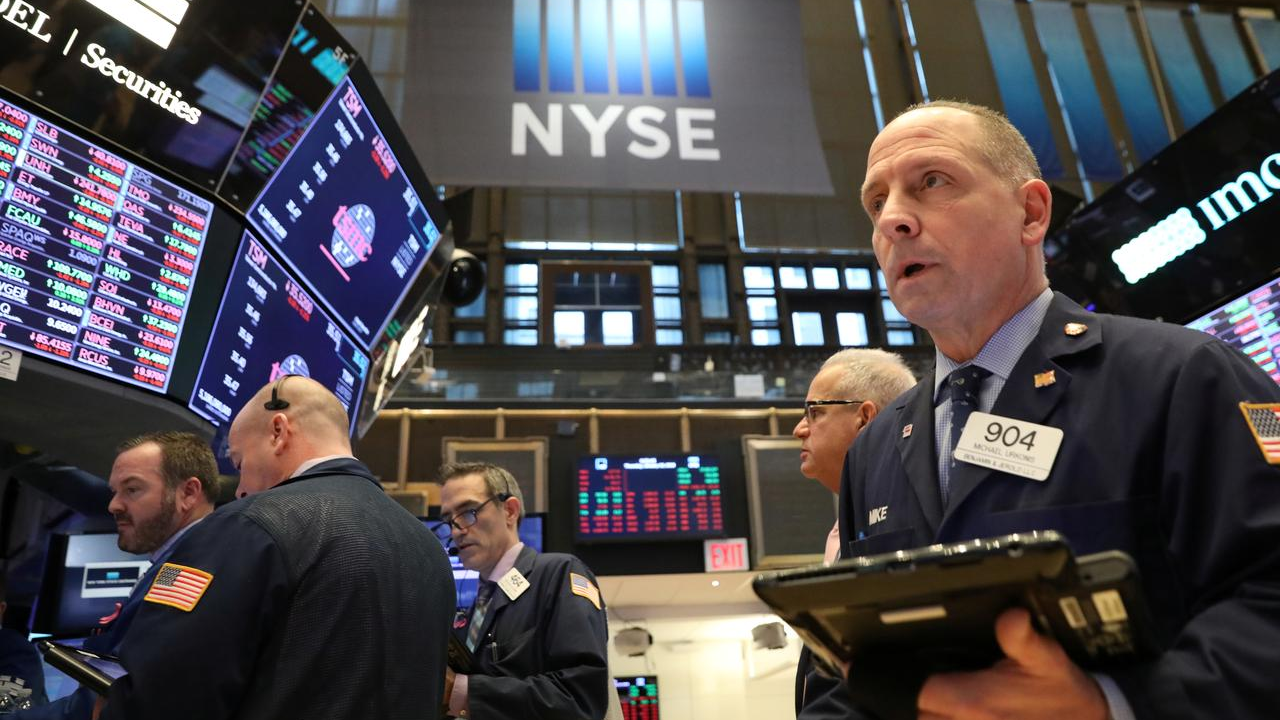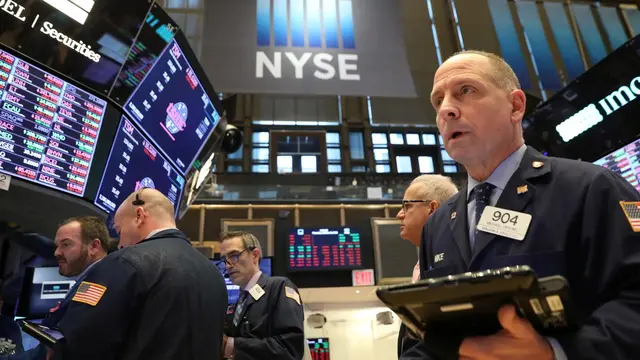
U.S. stocks rose on Monday, with the Nasdaq hitting a record high for the second straight session, after a surprisingly upbeat jobs report last week raised bets of a swift recovery from a coronavirus-driven downturn. /REUTERS
U.S. stocks rose on Monday, with the Nasdaq hitting a record high for the second straight session, after a surprisingly upbeat jobs report last week raised bets of a swift recovery from a coronavirus-driven downturn.
If the tech-heavy index closes at an all-time high, it would confirm a bull market began on March 23, according to a widely accepted definition. The Nasdaq is the first of the Wall Street’s three main indexes to bounce back from the market crash caused by the pandemic.
The benchmark SP 500 and the Dow are now 5.5% and 7.4% away from their respective closing highs, after surging more than 45% from their pandemic lows.
The SP 500 is less than 1% away from recouping all of its losses this year.
A closely watched monthly jobs report on Friday showed an unexpected fall in unemployment rate, bolstering views that the worst of the economic damage from the virus outbreak was over.
“It’s a continuation of the news on Friday that the employment situation appears to be improving and that is bringing in more investors from the sidelines,” said Robert Pavlik, senior portfolio manager at SlateStone Wealth LLC in New York.
“You’re seeing more of the cyclical areas of the market showing improvement which is an encouraging sign to other market participants.”
The energy sector climbed 2.8%, the most among the 11 major SP sectors as major oil producers agreed to extend a deal on record output cuts over the weekend. [O/R]
Other cyclical sectors including financials, industrials, as well as consumer discretionary stocks provided the biggest boost to the benchmark index.
Beaten-down shares of cruise operators Carnival Corp and Norwegian Cruise Line Holdings Ltd continued to recover and rose 11.9% and 11.4%, respectively. The SP 1500 airlines index jumped 6.4%.
Planemaker Boeing Co gained 11.4%, extending its 40% surge last week.
(With input from agencies)
 简体中文
简体中文

